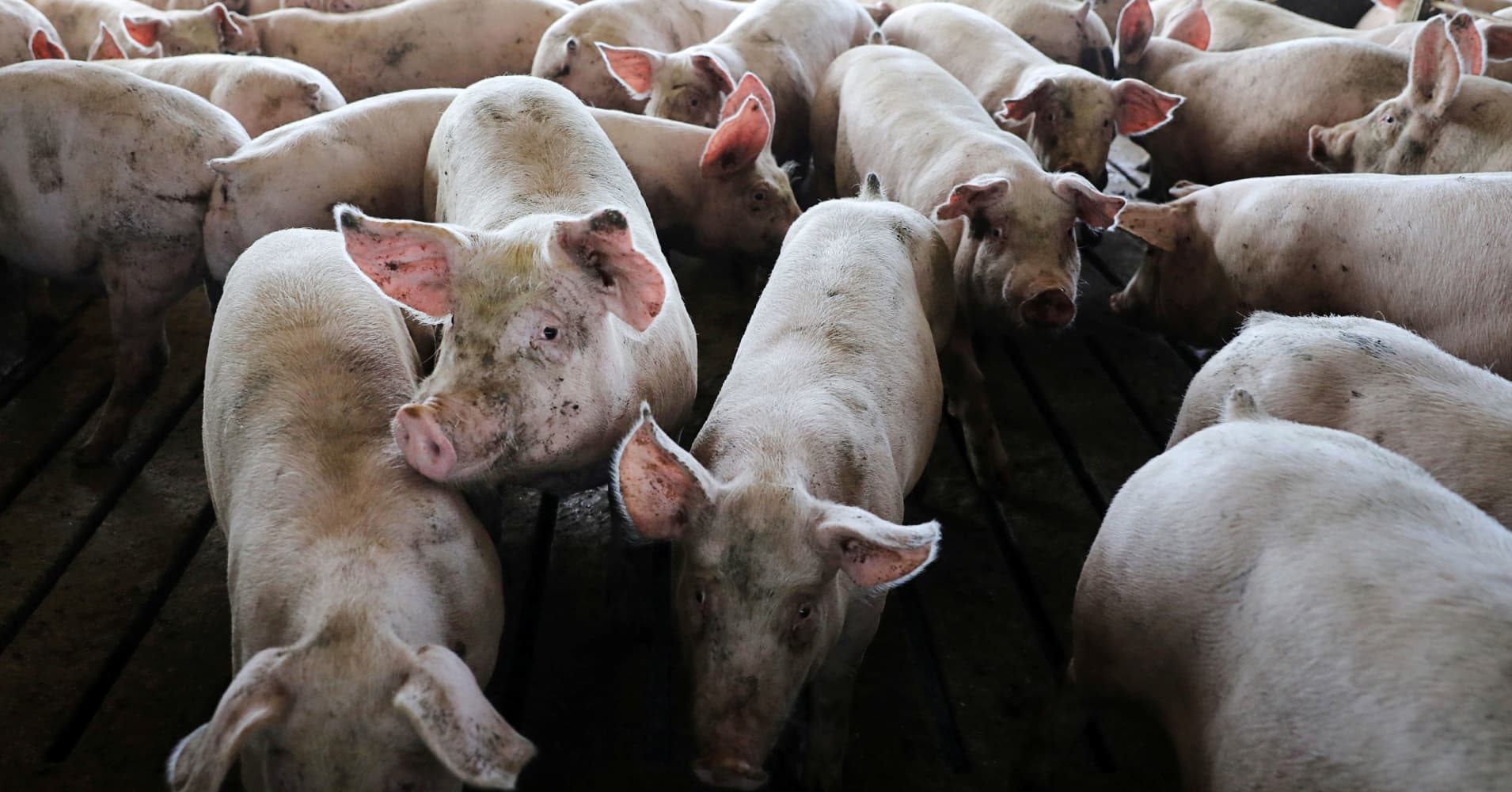
States won by President Donald Trump in the 2016 election stand to lose the most as a trade war between the U.S. and China kicks off, according to Citigroup research.
The U.S. officially implemented tariffs on $34 billion worth of Chinese imports, including water boilers, airplane tires and X-ray machine components. China responded with its own set of tariffs on U.S. pork and soybeans, among other goods.
This tit-for-tat trade war would mostly impact states that voted “overwhelmingly” in favor of Trump in 2016 — relative to the states won by Hillary Clinton — as they possess “jobs and output significantly affected by tariffs,” Dana Peterson, Citi’s North America economist, said in a note Thursday evening.
Peterson pointed out that so-called red states have 3.9 million jobs linked to foreign trade, far more than the 2.5 million in blue states. She added that “80 percent of ‘red’ states produce goods subject to retaliatory tariffs totaling 10 percent or more of GDP, compared to 10 percent of ‘blue’ states.”
The tariffs on U.S. and Chinese goods come after months of posturing by both countries. Back in March, Trump announced tariffs on all steel and aluminum imports into the U.S., to which China — along with other key trade partners — threatened to retaliate.
The back-and-forth on trade rhetoric has kept U.S. equities in a range as investors assess the impact of tariffs on corporate profits and global economic growth. The S&P 500 has traded in a 7.5 percent range since March. Since May, the S&P 500’s range had gotten even tighter as the broad index oscillates in a 5.4 percent band.
Be the first to comment